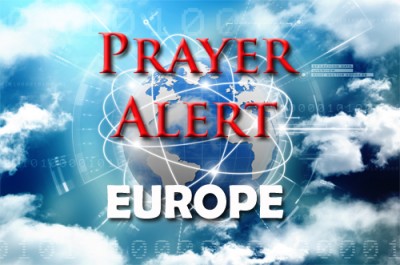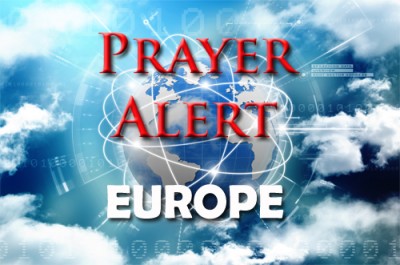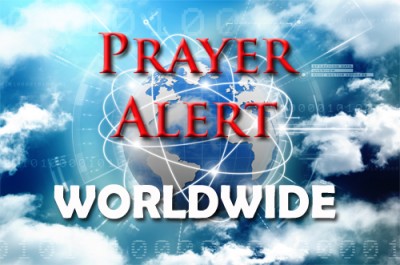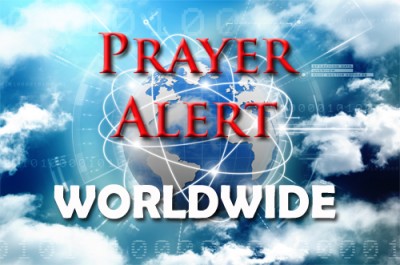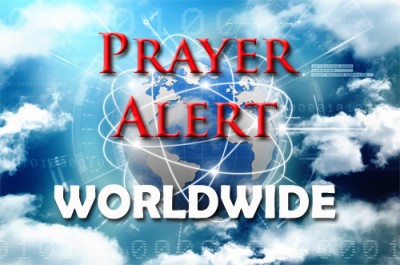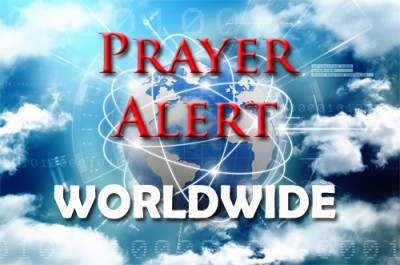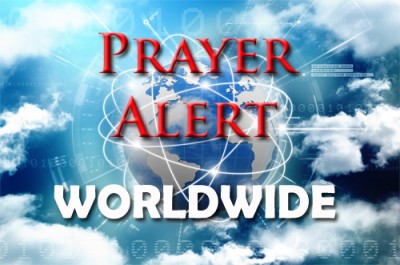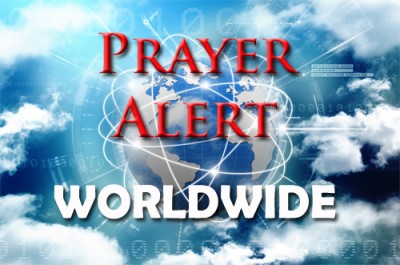European parliament with anti-European parties
09 May 2019After the Second World War many said, ‘Never again’. For decades extreme nationalism was considered a threat. In 2019 it has re-emerged with European far-right parties forming a new alliance led by US strategist Steve Bannon, wanting to ‘promote’ right-wing populist groups in Europe. Matteo Salvini, Italy’s leader of the extremist League party, has joined ‘The Movement’ and has gathered right-wing Netherlands Party for Freedom, Germany’s AfD, Danish People's Party, the Finns Party and other extremist populist parties to form a new alliance, injecting their rhetoric into the EU; selling themselves as ‘maintaining or protecting their heritage and their people (they warn that refugees, Muslims, empowered women, and the EU bring unwanted change, which is a bad thing). A YouGov survey for voting intentions shows that the European parliament will be significantly different after 25 May with 35% of seats taken by socialists, Greens, the European People’s Party, and other anti-European parties. See
Bulgaria: Pope urges ‘welcome refugees’
09 May 2019Bulgaria’s prime minister welcomed Pope Francis when he visited Bulgaria on 5 May, saying it reflects his interest in the peaceful economic development of the Balkans. Francis’ tour included a visit to a refugee camp in the outskirts of Sofia, where he said, ‘Bulgaria confronts the phenomenon of those crossing its borders in order to flee wars, conflicts or dire poverty in attempts to reach the wealthiest areas of Europe. They want new opportunities in life or simply a safe refuge. To all Bulgarians, familiar with the drama of emigration, I respectfully suggest that you not close your eyes, your hearts, or your hands - in accordance with your best tradition - to those who knock at your door.’ The Orthodox Church rejected the idea of holding joint prayers with the pontiff.
Israel: tensions in Tel Aviv
09 May 2019Many participating groups in 2019’s Eurovision Song Contest are already in Tel Aviv, with more arriving daily. The finale will be on 18 May, in the same week as Palestinians commemorate Nakba. This was 71 years ago, when 700,000 people left their homes at the time when Israel was born. Activists say the venue for the competition was built on land of a former Arab village which emptied in 1948. As anxiety mounts, the foreign ministry spokesman, Emmanuel Nahshon, said, ‘This is going to be a huge party with thousands of people participating, but we will remain extremely vigilant in order to make sure that no-one comes here to disturb and destroy,’ The event, watched by a global TV audience, will also become a focus for protests against the country’s treatment of Palestinians. Prime minister Benjamin Netanyahu wanted to hold Eurovision in Jerusalem, to add weight to Israel’s campaign for global recognition of the holy city as Israel’s capital.
India: pastor acquitted - violence increases
09 May 2019Blind pastor Balu Saste's case took three years to be settled in court; his acquittal is being hailed as a triumph by Christian persecution watch groups. The pastor, his wife, and eleven church members were violently attacked by a mob during church services. Police arrested him, his wife, and their six-year-old son, stripped them, beat them, detained them without bail for three days, and falsely charged them with forcing Christian conversions. The story is not unique. Violence against Christians has risen significantly. In three months the United Christian Forum and ADF India have documented over 80 violent mob attacks against Christians in 13 different states across India. The attacks often take a similar shape, and rarely receive police attention. Christians face injustice continually, and the ruling in Balu’s case shows that the fundamental rights of religious minorities can and should be protected in the courtroom and through effective legal advocacy.
Bolivia: defending children from sexual violence
09 May 2019Bolivia is a country of breathtaking landscapes, rich traditions, the home of many indigenous people groups, and the largest salt flats in the world. But in the midst of its beauty and diversity, a horrific plague threatens the safety of many children: sexual violence. Getting justice in court takes years; the process is complex, cumbersome and frequently derailed. Sexual predators act with impunity. Young survivors who live in poverty have little hope of finding justice. Courts are backlogged and often lack effective case-management processes. The few cases that move through the system can take years before reaching a sentence. International Justice Mission (IJM) are fighting to change this system and protect children from sexual violence. Last week news came of IJM representing school children and securing eight convictions. Two of the perpetrators were teachers in rural communities, so the families faced strong resistance from the community.
South Africa: Christians march for true freedom
09 May 2019Worship songs and heartfelt prayers filled the streets of neighbourhoods across South Africa on Freedom Day, Saturday 4 May, as believers celebrated their freedom in Christ and prayed for change in the country. Over 80 Jesus Marches took place in small towns and in big cities. Many participants were armed with black bags to clean the streets while praying. At the 10am start of the marches a prayer for the nation that was streamed to all the march venues via mobile phones. The central theme was John 8:36 - ‘Who the Son sets free is free indeed’. Many referred to the event as celebrating ‘True Freedom Day’, as only Christ can truly set us free and no government or worldly system can provide all the answers to society’s problems. Christians were encouraged to wear white on election day - Wednesday 8 May. See also the next article, on the elections.
South Africa: pivotal elections
09 May 2019Twenty-five years ago, under Nelson Mandela, the African National Congress (ANC) party ended apartheid, but since then it has governed poorly. Four in ten South Africans still live in poverty. Half of young people are unemployed, in an unequal society caused by corruption at all government levels. Seven out of ten South Africans don't trust politicians and many under-30s did not bother to vote in the 8 May elections. At the time of writing, ballot results are trickling in with the results expected on 11 May. The weakness of its challengers means that the ANC is expected to win again, but national projections show a drop in support of 8%. Recently the ANC replaced President Zuma with his deputy, Cyril Ramaphosa, who is attempting to recover stolen state funds. So far he has been unable to remove the deeply entrenched crony networks of corrupt local officials and power brokers who deliver many votes for ANC. See also the previous article, and
Global: teen suicides
09 May 2019A US study found that teenage suicide rates increased after the release of a Netflix drama called ‘13 Reasons Why' - a story of a high-school girl who kills herself. Researchers estimated an additional 195 suicide deaths among 10- to 17-year-olds in the nine months after its release, an increase of 29%. The additional deaths mainly affected boys. In New Zealand recently hundreds marched to Parliament for teen suicide awareness because the government has not done enough to stem the trend. The marchers pushed through barriers set up at Parliament to place photos of their loved ones at the top of the steps. They then sang a waiata (a traditional Māori song) as hundreds more watched and filmed. In England, Rachael Warburton said her 12-year-old daughter, Jessica, left a suicide note with six reasons to kill herself after watching a Netflix show. See: and
